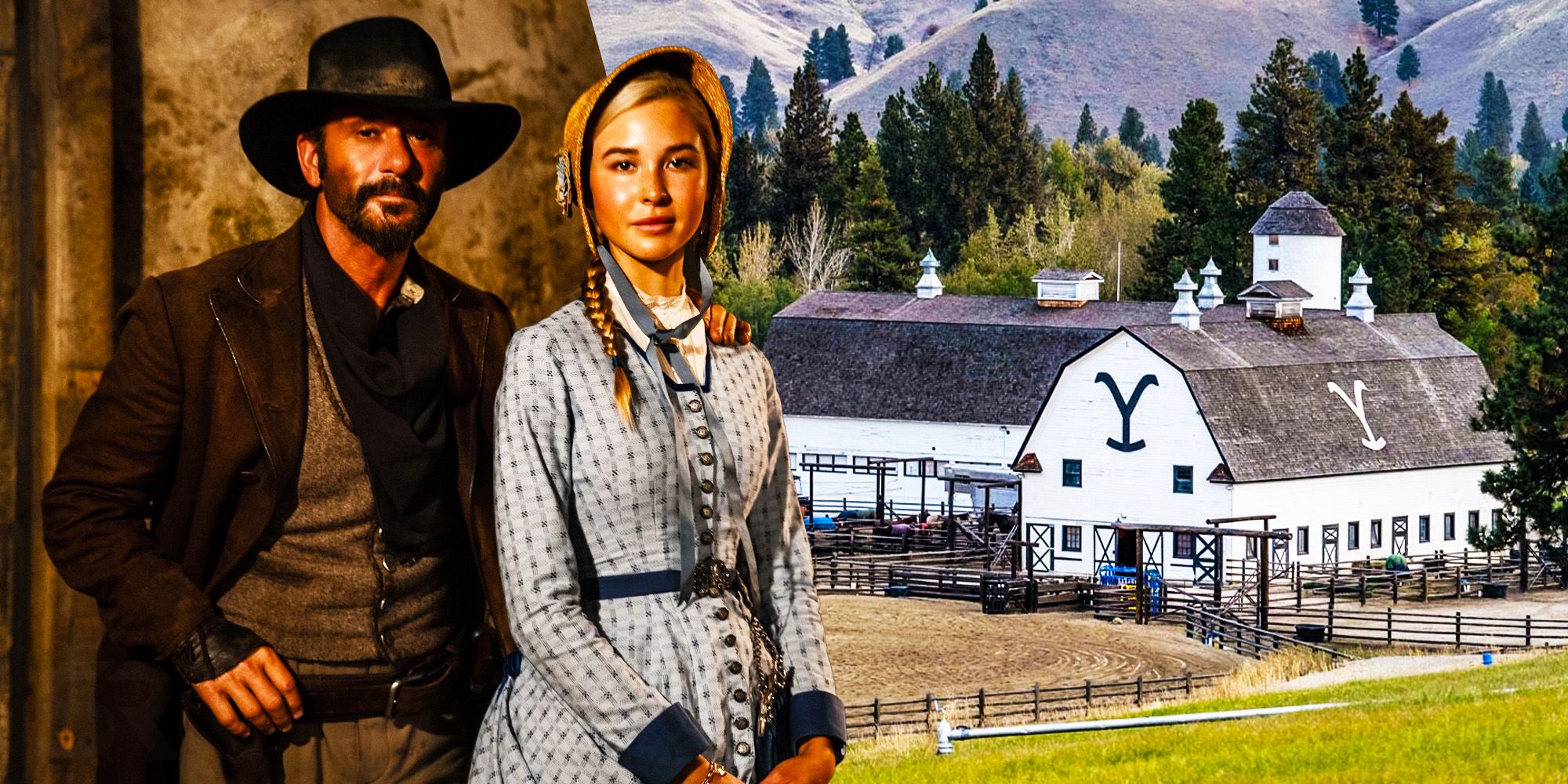The Dutton Ranch (2025)

Few sagas capture the myth and brutality of the American West quite like the Dutton family’s story. With The Dutton Ranch (2025), the dynasty returns, scarred but unbroken, stepping once more into the crucible where land, blood, and legacy are inseparably bound. This chapter is not merely a continuation of their struggle; it is a reckoning.

At the center stands John Dutton, Kevin Costner embodying the patriarch with weary gravitas. Once a man of steel willpower, now he carries the burden of generations on shoulders weathered by war, loss, and betrayal. His greatest enemy is no longer just the powerful forces seeking to claim his land — it is time itself, and a future that may no longer honor the old codes he fights to preserve.
Beth Dutton, played with fire and fury by Kelly Reilly, remains the fiercest weapon in her father’s arsenal. Her razor-sharp wit and ruthless drive carve through the enemies of the ranch, but behind her venom lies a fractured soul that still seeks love and belonging. She is the storm that both shields and endangers the family.
:max_bytes(150000):strip_icc():focal(749x0:751x2)/yellowstone-rollout-92ef911c53194136b1caa05402dbad4a.jpg)
Beside her is Rip Wheeler, Cole Hauser’s embodiment of rugged loyalty and violent honor. His love for Beth grounds him, but his loyalty to John binds him in chains of blood and duty. Rip is not merely the ranch’s enforcer — he is its heart, beating steady beneath the chaos, a man whose devotion is as dangerous as it is steadfast.
Kayce, portrayed by Luke Grimes, is the eternal son caught between worlds. His yearning for peace clashes with the inexorable pull of family loyalty. Every choice he makes is a wound that cuts deeper, not only into his own soul but into the fragile fabric of the family’s survival.
Jamie, Wes Bentley’s tragic figure, continues to spiral between ambition and self-destruction. His hunger for power is matched only by his desperation for belonging. With every step, he threatens to unravel the very bonds he seeks to claim, a shadow whose betrayal could either doom the family or give them the clarity to endure.
Meanwhile, Monica (Kelsey Asbille) and Thomas Rainwater (Gil Birmingham) carry the voice of tradition and cultural memory. Their struggle is not only for survival but for justice, seeking to shape a future where the land is not simply a battleground of dynasties but a living heritage. Their vision adds depth and complexity, turning the Dutton saga into more than a family feud — it becomes a meditation on America itself.

Thematically, The Dutton Ranch continues to explore the primal questions of inheritance and destiny. What does it mean to preserve land when the cost is blood and betrayal? What is the price of loyalty when every act of devotion can cut deeper than a knife? These are not questions of ranching alone but of legacy, of the very soul of the West.
The cinematography, as glimpsed in early looks, is once again staggering. Rolling plains, blood-red sunsets, and the unyielding harshness of nature frame every conflict with a beauty as merciless as it is breathtaking. The land itself feels alive, a silent judge watching as men and women bleed for dominion over its soil.
This new chapter promises not just betrayals and alliances, but redemption hard-won through suffering. Every character stands at a crossroads where loyalty is tested, love becomes both weapon and salvation, and the ranch itself demands sacrifices that no dynasty can escape forever.

Ultimately, The Dutton Ranch (2025) is more than a continuation of the Yellowstone saga — it is the culmination of its themes. The story of a family, yes, but also the story of a country wrestling with its inheritance of violence, survival, and unyielding ties to the land. It reminds us that the West was never about easy victories, but about enduring the cost of holding on when the world demands you let go.
Related movies:











